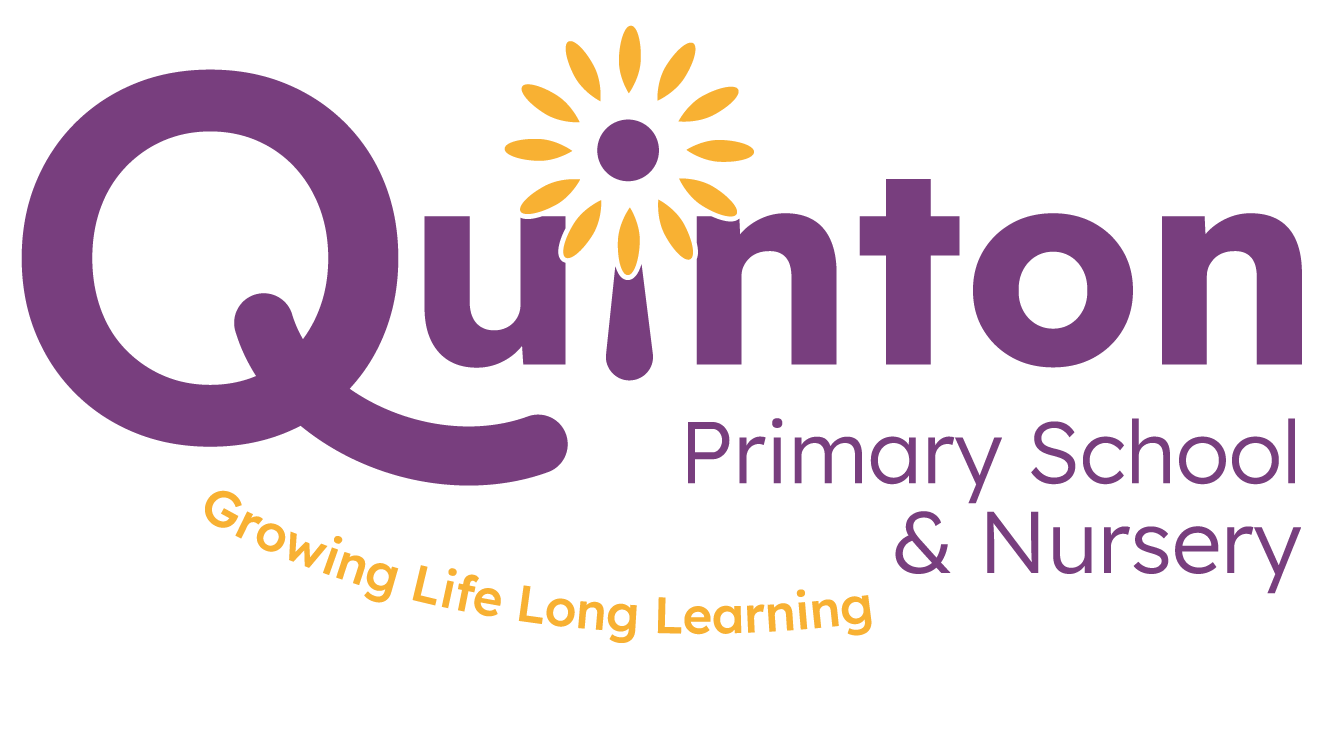Our PSHE Scheme of Work aims to equip children with essential skills for life; it intends to develop the whole child through carefully planned and resourced lessons that develop the knowledge, skills and attributes children need to protect and enhance their wellbeing. Through these lessons, children learn how to stay safe and healthy, build and maintain successful relationships and become active citizens, responsibly participating in society around them.
Our PSHE Scheme of Work is split into thematic units:
Health and Wellbeing
Living in the Wider World
Relationships
Below, you will find each year group has their own Medium Term Plan, Topic Overview and Parent and Carer information sheet.
Any other documents and more information can be found here.
EYFS
In Early Years, PSED (Personal, Social and Emotional Development) is a prime area of learning, therefore an integral aspect of daily planning, teaching and learning. It is split into 3 sections:
Self-Regulation
Managing Self
Building Relationships
Planning is child led to reflect the interests of the children and the needs of the school. Children take part in circle time and discuss topics and themes that are at their level. Twice every half term we deliver sessions based on guidance from our chosen scheme of work ‘Twinkl Life’. These include…
Super Me
How I Feel
Look What I Can Do!
My Body
Being Safe
Positive Relationships
Working Together
Reach for the Stars
Me and My World
We also have ‘Talk Time’ to allow the children to build their confidence to talk in front of others, to encourage a ‘Class Team’ ethos and to discuss behaviour matters that may have arisen in class, allowing the children to reflect upon and find ways to solve these issues.
British Values
As a school, we promote British Values ensuring that our children leave school prepared for life in modern Britain. We support the values of democracy, rule of law, individual liberty, mutual respect and tolerance of different faiths and beliefs. Through aspects of school life such as voting for school council members, assemblies and discrete PSHE lessons, these values are embedded within our curriculum. We plan assemblies and lessons to teach the children about our values, respecting similarities and differences, tackling stereotypes and understanding why some people discriminate. We aim to empower children to have a voice and to stand up against discrimination, valuing equality, tolerance and mutual respect.
Please see below for the Whole School long term overview. This shows the themed areas that each class will be looking at and when. They run, in what is called, a ‘spiral curriculum’. This means that the same theme will be looked at every 2 years, but different aspects will be covered within this them and prior knowledge will be built upon.
